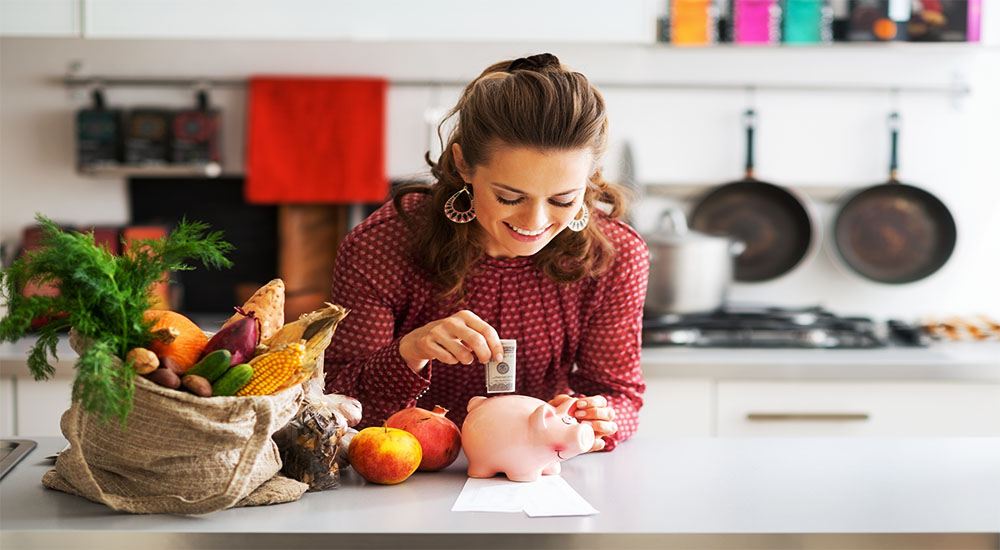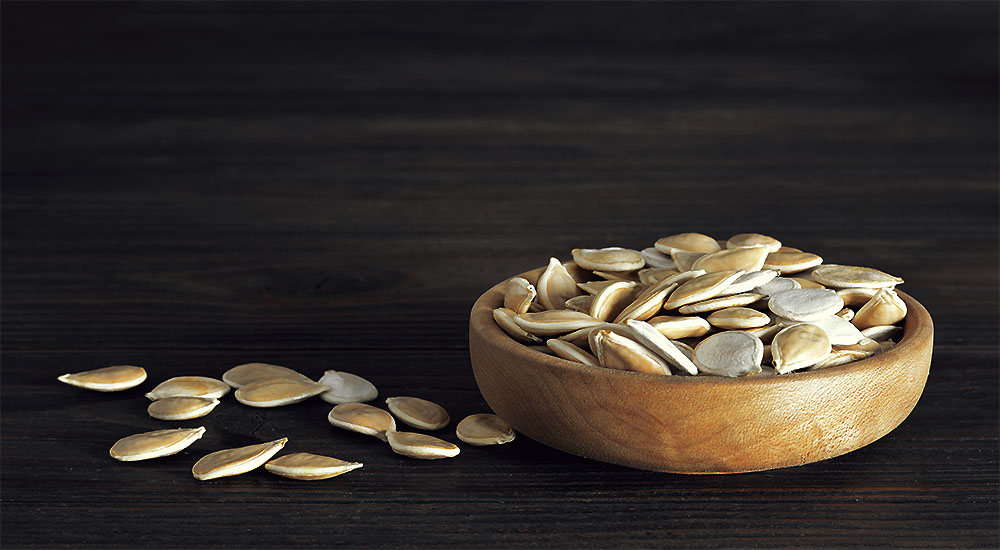Save Money on Your Gluten-free Diet

 Is It Worth Spending More Money on Gluten-Free Food?
Is It Worth Spending More Money on Gluten-Free Food?
Yes, it is! And here is why: If you’ve been diagnosed with either celiac disease or gluten sensitivity, you’ve noticed the additional expense associated with gluten-free bread, pasta, and baked goods.
As a clinical nutritionist at Root Cause Medical Clinic, I frequently hear the complaint that gluten-free products are so much more expensive than their gluten-laden relatives. This is true. But let’s look at the big picture. If you had a choice of buying cheaper pizza but feeling sick as a result (not to mention the long term negative health ramifications), what would be the best decision? I know that seems to make it overly simplistic, but it’s the truth. So let’s decide that you WILL stick to your gluten-free diet and I’ll give you some helpful hints to save some money.
6 Ways to Save Money on a Gluten-Free Diet
1. Buy in bulk. If you find something you like, see if the grocery store will let you buy a case of it (at a discount) to save some money. I know Whole Foods does this, but check with your grocery store.
2. Buy online. When I find a product I enjoy, I see if they’ll sell directly to me. It’s often much less expensive than buying at the grocery store. If the amounts they’ll sell to you seem too much for you to consume in a timely manner, consider sharing with a friend or family member who’s also eating gluten-free. (And hey, if you need someone to go in with you on a product, maybe we can help you here at the clinic. We can create a little buying co-op!)
3. Bake your own “goodies” instead of buying the pre-packaged ones. Pre-prepared baked goods are very pricey. Making your own is definitely healthier and less expensive because you are providing the labor. Please remember to keep these desserts and highly refined treats to a minimum.
4. This tip may sound strange, but… keep your receipt. I frequently hear patients complain that not only was the loaf of bread they tried super expensive, but they didn’t even like it and ended up throwing half of it away. Have you ever done that? Bought something that was gluten-free or dairy-free and then you didn’t like it? Did you throw it away?
Let me tell you a little secret. This is true at Whole Foods, it’s true at Safeway, and it’s likely true wherever you shop: Hold on to your receipt and you can return pretty much anything. Why? You actually don’t need a reason beyond, “I didn’t like it.” Honestly. I can only speak for Whole Foods from the level of personal experience, but I did a little research and Safeway has newly launched their “Gluten-Free Eating Right” line where a 100% money-back guarantee is guaranteed if you’re not happy with your purchase.
Don’t be shy. I do this often. I’m frequently trying new products for my personal use as well as a way to let patients at my Root Cause Medical Clinic know about new things. I keep my receipt and have often made returns. The stores want you to do this so that you’ll continue to experiment until you find the brands you love.
5. Start a garden. No, you won’t be growing your own gluten-free grains, but the money you save from growing your own organic vegetables can be quite a help on your overall budget. It’s fun to have your own garden and, if you’ve got a nice relationship with nearby neighbors, consider getting together and growing different vegetables that can be shared. It’s often the case that you grow more than you can possibly eat (think zucchini!) and sharing with a neighbor who is growing different crops in abundance can really save on the grocery bill.
6. Consider eating less meat. What does this have to do with saving money? The types of animal products you should be eating are very expensive. Grass-fed beef, pasture-raised chickens, and wild or healthfully-fed farm-raised fish are pricey. Beans, on the other hand, are quite cheap. I noticed that when I became a vegan, my grocery bill diminished dramatically. Yes, organic vegetables can be pricey too, but not compared to the salmon I used to buy for over $20 for two people.
I have found some patients lessening their animal protein ingestion and saving money with a few meals per week that contain protein in the form of beans, whole grains, nuts, and greens. These meals can be fun to make, are quite delicious, and you may notice feeling less full and better overall after eating this way. If you need some recipes, let me know!
Do you need help with your health?
We have the diagnostic and testing tools, the clinical experience, and a different medical approach to discovering the root cause of why you have the symptoms that are bothering you. As long as you are ready to make some dietary and lifestyle changes, we can help you. We will "hold your hand" through the changes, step by step, to make each step an easy one. We are located in Clearwater, FL, at 1000 S Ft Harrison, at the corner of Ft. Harrison Ave. and Magnolia St. There is plenty of parking space directly accessible from Ft Harrison. If it is not convenient for you to come to Root Cause Medical Clinic, we offer telehealth/telemedicine consultations to residents of certain states. Call us for details.
Contact us for a Consultation – Call 727-335-0400

Dr. Vikki Petersen DC. CCN
Founder of Root Cause Medical Clinic
Certified Functional Medicine Practitioner
Dr Vikki Petersen is a public speaker, author of two books, several eBooks and creates cutting edge content for her YouTube community. Dr Vikki is committed to bringing Root Cause Medicine and its unique approach to restoring health naturally to the world.
Ask a Doctor
Have a health concern you'd like to speak with a doctor about? Or just want clarity on a subject? Ask Us!

 Is It Worth Spending More Money on Gluten-Free Food?
Is It Worth Spending More Money on Gluten-Free Food?
